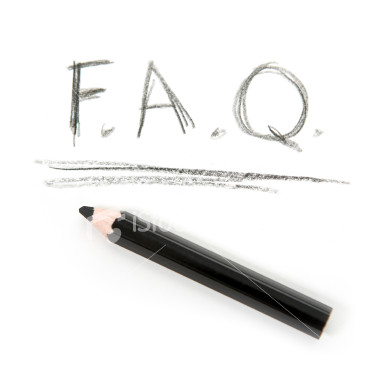Elder Law Attorney
Serving Eastern Mass

| The Law Office of | Estate
Planning and Elder Law Attorney Serving Eastern Mass |
 |
||
| Diane H. Gold | ||||
| Home | About | Services | Resources | Contact | FAQs |
| AREAS
OF PRACTICE |
|

|
|||||||||||||||||||||||||||||||||||||||||||||||||||||||||

Member, National Academy of Elder Law Attorneys |
The Law Office of Diane H. Gold 464 Common Street, Suite 334, Belmont, MA 02478 (781) 455-6637 • fax (781) 455-6638 info@gold-law.com • https://www.gold-law.com home | about | services | resources | contact personal conferences | site map | FAQs |
||||||||||||||||||||||||||||||||||||||||||||||||||||||||||